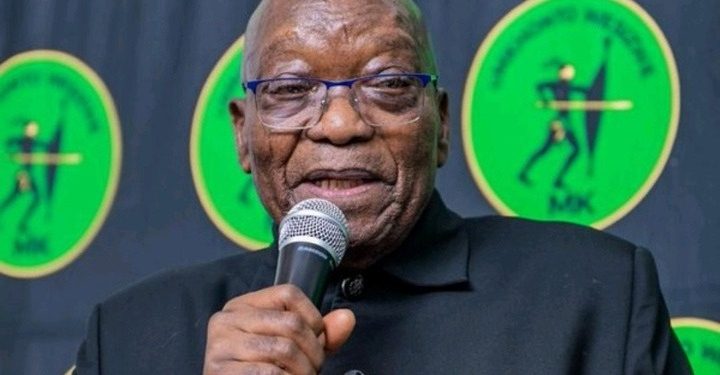Former South African president Jacob Zuma, once widely regarded as a symbol of corruption and governance failures, is experiencing a surprising reassessment in public perception. The leader who resigned in 2018 amid numerous scandals is now gaining renewed attention in the country’s political conversation.
Zuma’s comeback is largely tied to his new political venture, the uMkhonto weSizwe (MK) Party, which he launched after breaking away from the ANC. The party has quickly gained support, particularly in his home province of KwaZulu-Natal, where he continues to draw significant crowds and maintain loyal followers.
Analysts point to several factors behind this shift. Zuma’s strong connection to Zulu traditions and culture resonates with many rural communities who feel overlooked by mainstream politics. His image as a cultural custodian has somewhat softened previous criticisms.
Additionally, growing dissatisfaction with the current ANC leadership under President Cyril Ramaphosa has led some South Africans to reexamine Zuma’s presidency. Despite well-documented corruption allegations and governance problems during his tenure, some now contrast his personal connection with ordinary citizens with what they perceive as the current administration’s detachment.
However, this reappraisal faces strong pushback. Critics emphasize that Zuma’s presidency oversaw significant damage to democratic institutions and that corruption charges against him remain unresolved. They caution against rewriting history without acknowledging the well-documented failures of his administration.
Zuma’s evolving legacy demonstrates how political memory can shift over time, particularly in a nation still confronting deep inequalities and searching for accountable leadership. His continued influence highlights the complex relationship South Africans have with their recent political history and the ongoing challenges in their democratic development.






















